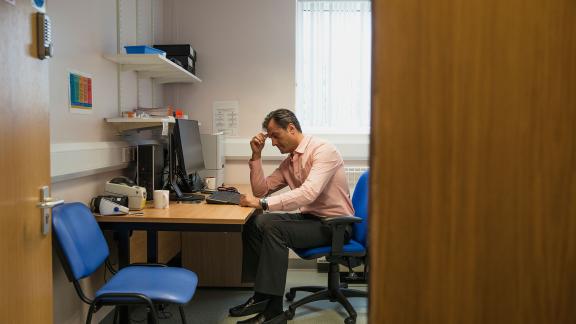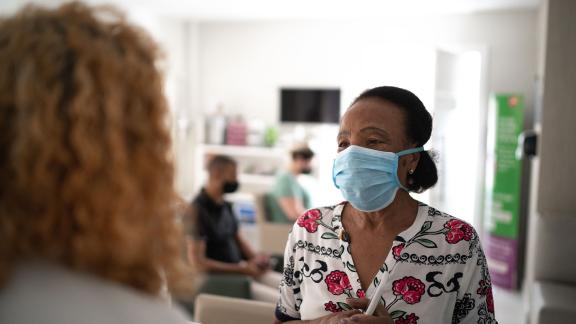Impact of rising demand on GPs not spread evenly across the country

Responding to Royal College of GPs research showing GPs in deprived areas are now responsible for caring for over 300 more patients each than in more affluent areas Ruth Rankine, primary care director at the NHS Confederation, said:
“These findings are worrying, but sadly not surprising given what we know about the lack of GP provision in many areas of the country. It is clear that while the whole primary care sector is facing rising demand the impact is not spread evenly across the country, with GPs in the most deprived areas having the biggest caseloads of often the most complex patients.
“GPs and their teams have been working harder to meet this rising demand, but it’s clear that the low funding settlement has left them doing more for less. This makes providing continuity of care for patients extremely difficult, despite it being what many want from their practices.
“We welcomed the government’s decision to invest more in the GP workforce through Primary Care Networks for the remainder of the year, which our members in primary care hope to see extended. This is a welcome first step to beginning to address the staffing problems in the sector, but we need to go further.
“We also welcome the government’s ambition to increase the proportion of NHS funding that goes to primary care, which our members have long called for. As the Darzi independent investigation highlighted, previous governments have struggled to make this a reality and so we look forward to working with government on identifying measures that would drive this change and deliver on one of their three ‘big shifts’ planned for NHS reform.”



